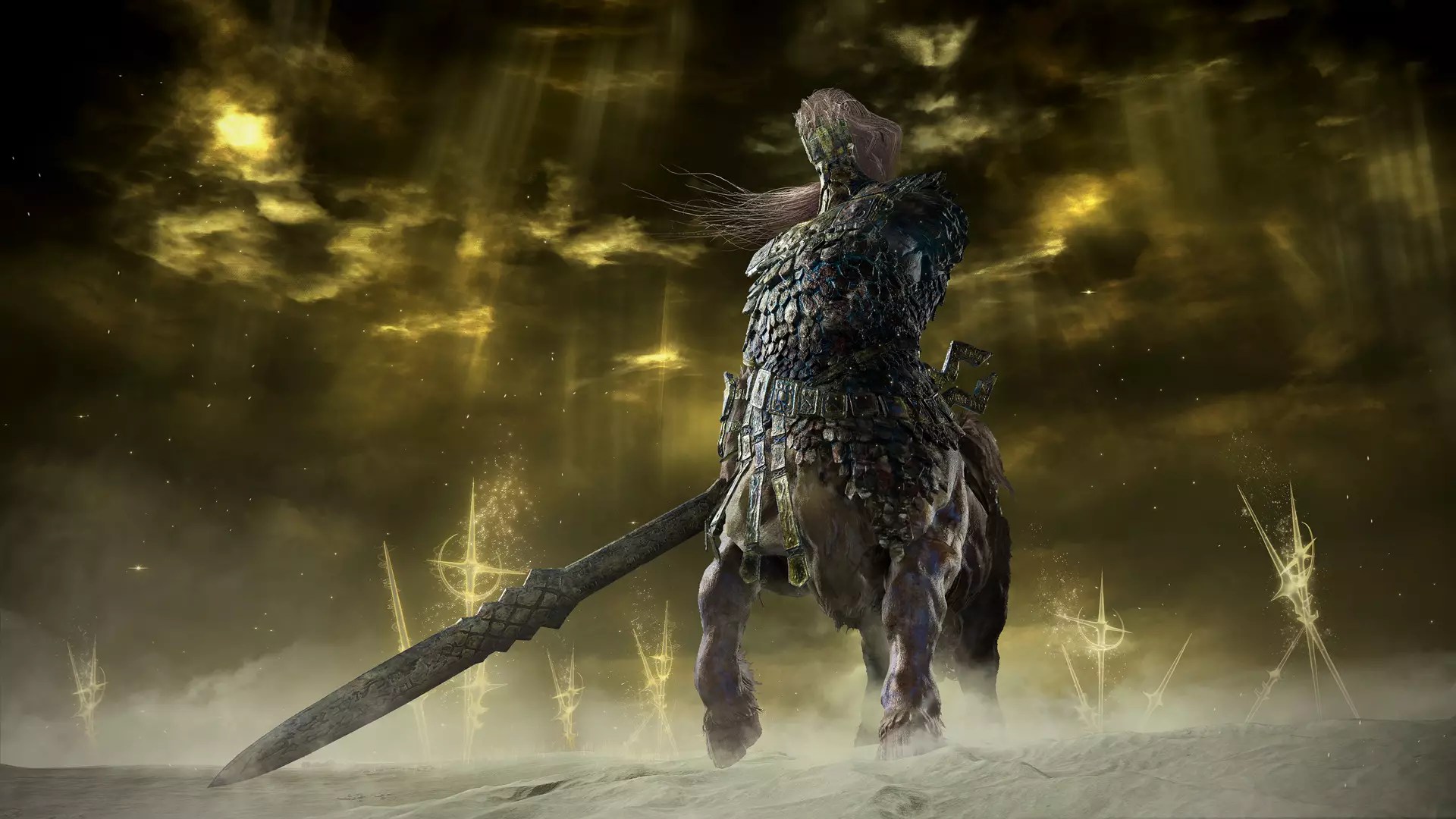FromSoftware has built its reputation on deeply immersive single-player experiences that reward patience and exploration. Titles like Dark Souls and Bloodborne invite players to lose themselves in hauntingly beautiful landscapes filled with hidden lore and anxiety-inducing challenges. However, their latest project, Elden Ring Nightreign, represents a daring pivot away from that tradition. This co-op spin-off faces a critical issue: how to retain the evocative essence of its predecessors while introducing a structure that demands an entirely different rhythm of play.
The decision to implement a three-day, fast-paced format places an intense emphasis on urgency. Matches are approximately 45 minutes long, which contrasts sharply with the leisurely explorations characteristic of earlier titles. As players rush from combat to combat, the initial joy of taking a moment to absorb the breathtaking environments is diminished. The result? A game that, while thrilling in its own right, risks losing the atmospheric richness that fans have come to cherish.
The Dilemma of Pacing
With this significant shift in design, the developers faced a critical dilemma. Director Junya Ishizaki openly acknowledged that one of the primary concerns was whether the new structure would alienate players accustomed to the slower-paced narrative immersion of previous FromSoftware games. The opportunity for moments of introspection—pausing to gaze at a scenic sky or relish the ambiance of ancient ruins—seems to be sorely missing from Nightreign. Ishizaki rightly points out that this change was a “fork in the road” for the studio, indicative of a broader desire to innovate rather than simply replicate formulas that had worked in the past.
This decision to prioritize rapid engagement over reflective gameplay may lead to divided opinions among the fanbase. Some may appreciate the adrenaline rush and challenge that the shorter matches create, while others might lament the loss of the meditative exploration that made prior titles so compelling. Ishizaki’s belief in the value of this new direction suggests a commitment to pushing the boundaries of what players expect, aiming for a fresh challenge rather than the nostalgia of yesteryear.
Innovation in Familiarity
Critics may question whether the decision to move towards a faster-paced format is a gamble worth taking. FromSoftware, however, appears undeterred by such apprehensions. The studio’s ethos underscores the idea that innovation and risk are intrinsic to the creative process. Ishizaki points out that asset reuse is not synonymous with stagnation. Instead, it can represent a canvas for new ideas, allowing the studio to reinterpret familiar motifs while layering on innovative gameplay elements.
This philosophy of innovation is essential. The balance between continuity and change is what makes a studio truly great. When a developer ventures into the uncharted territories of game design, they not only challenge existing conventions but also reposition themselves within the landscape of contemporary gaming. Elden Ring Nightreign aims to chart a new course, presenting a test of adaptability for players and a showcase of expertise for developers.
In taking these bold steps, FromSoftware communicates that its mission transcends mere replication of past successes. It’s a clarion call for players to embrace evolution in their gaming experiences, regardless of the sacrifices—and in doing so, the studio cements its status as a leader in the realm of video game innovation.


Leave a Reply